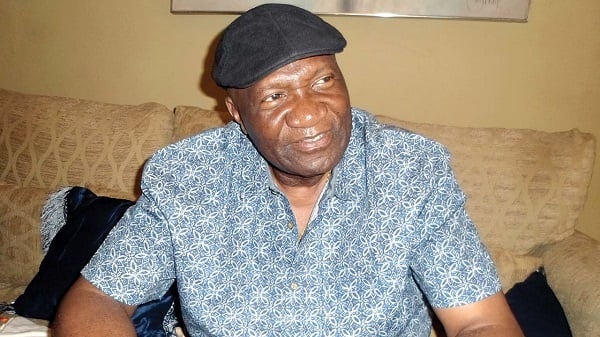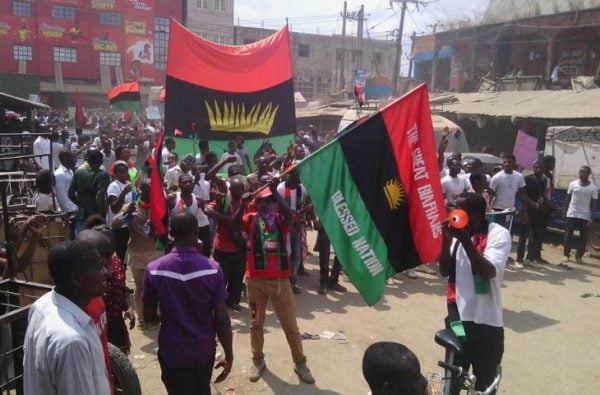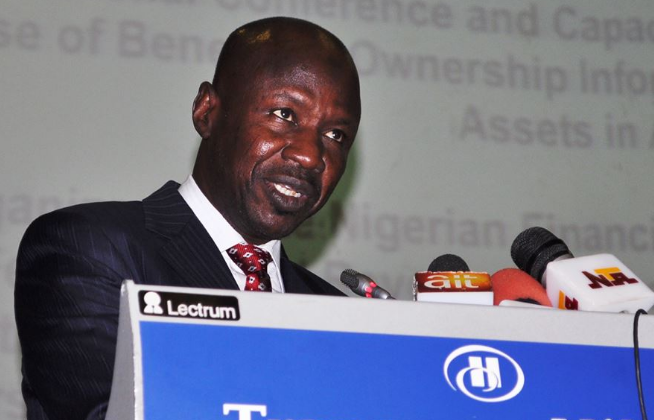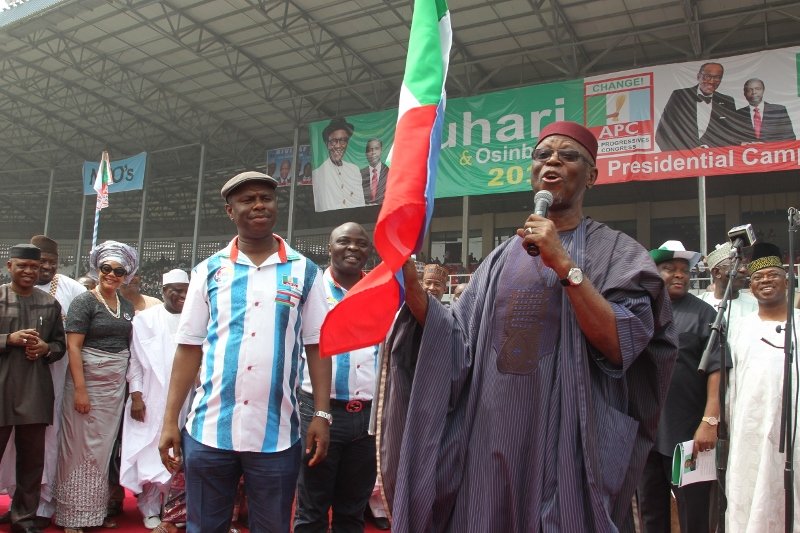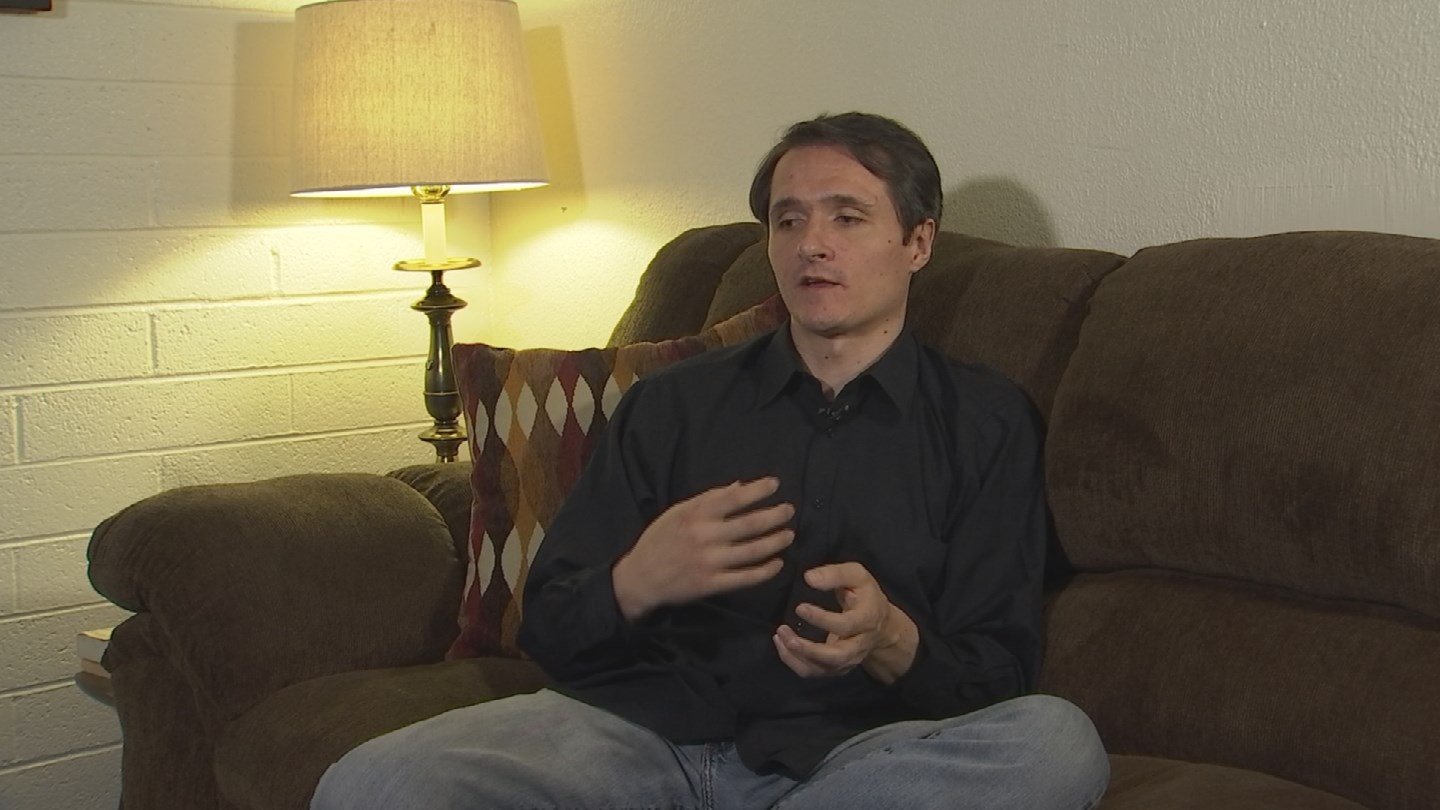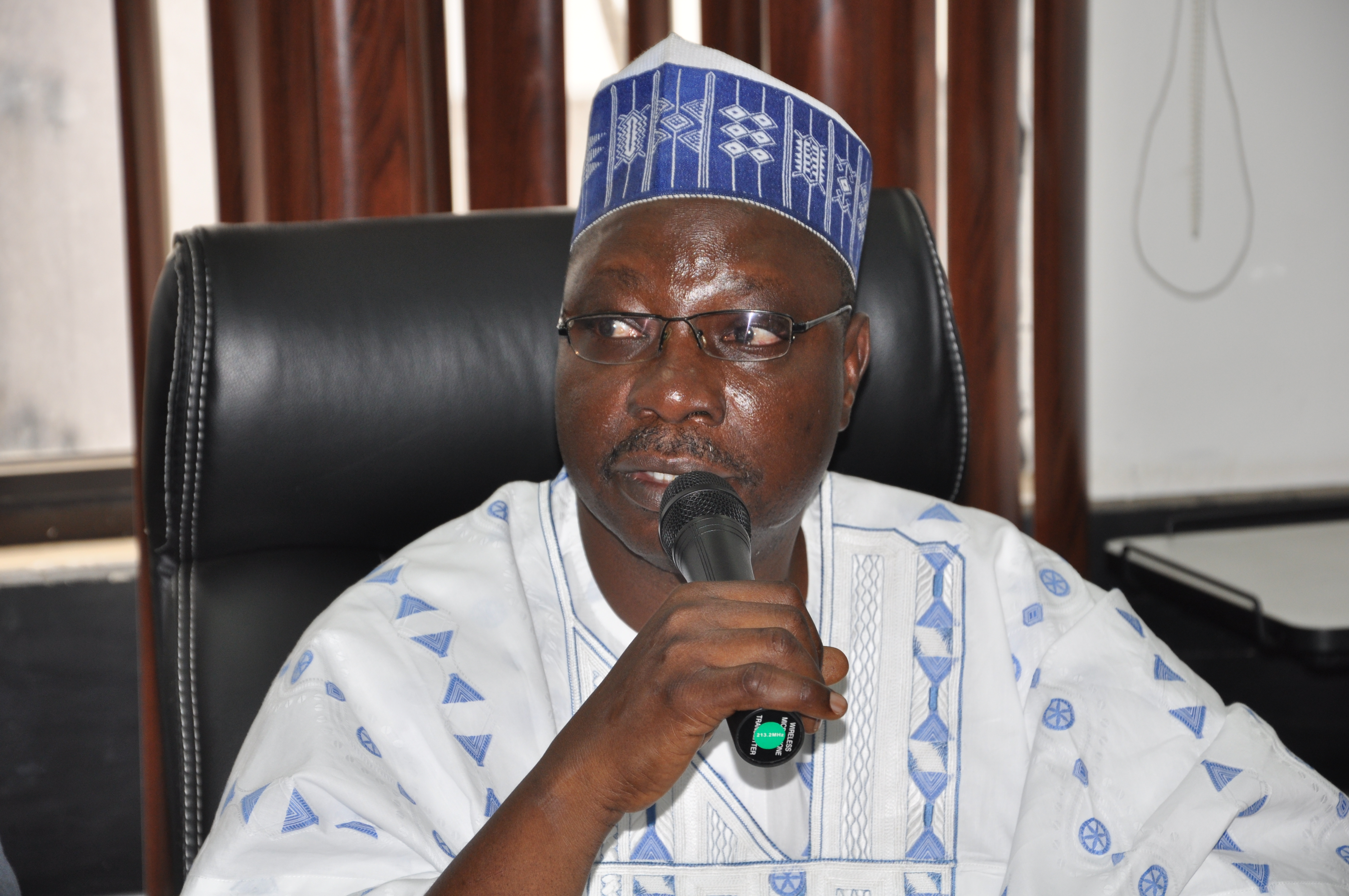John Nwodo, president-general of Ohanaeze Ndigbo, has described the national assembly as a reflection of “deep ethnic divisions”.
Nwodo said this while delivering a paper entitled ‘Restructuring Nigeria: Decentralisation For National Cohesion’ at the Chatham House in London on Wednesday.
The president-general said the vote against devolution of power clause during the constitution amendment by the national assembly has not helped the situation of the country.
He lamented that the All Progressives Congress (APC) promised restructuring in its manifesto but has not started the process after two years in office.
Advertisement
“The national assembly itself is a reflection of the deep ethnic divisions in the country and the northern majority conferred on it by the military makes it highly unacceptable to southern Nigeria,” Nwodo said.
“Recent resolutions made by it on the devolution of powers have not helped the situation. Happily, the senate president has promised a revisit of the subject matter.
“To achieve a national consensus on this subject requires a national discussion. Regrettably, the ruling party, APC which promised restructuring in its manifesto after two years and four months in office is still appointing a committee to define what sort of restructuring it wants for Nigeria.
Advertisement
“To make matters worse, none of the other political parties have come up with any clear-cut route for achieving a consensus on this matter.”
According to him, the decision to declare the Indigenous People of Biafra (IPOB) as a terrorist organisation is “hurried, unfair, and not in conformity with the intendment of the law”.
He said the “uncontested evidence” given by the attorney-general of the federation in an interlocutory action claiming that IPOB attempted to snatch guns from law enforcement agents are, if proven, “merely criminal offences”.
“They do not constitute enough evidence to meet international law definitions of a terrorist organisation. Happily, the United States embassy in Nigeria only three days ago shared this conclusion and asserted that the United States government does not recognise IPOB as a terrorist organisation,” Nwodo said.
Advertisement
“This same unarmed IPOB that is being stigmatised by the Nigerian government had its members murdered in Asaba, Nkpor, Aba and Port Harcourt simply for having public demonstrations without the federal government ordering a judicial inquiry.
“Instead, after I called for one and Amnesty International provided evidence that 150 of them were killed, the Chief of Army Staff set up an inquiry composed of serving and retired army officers thus abandoning the rules of natural justice which prescribes that you cannot be a judge in your own court.
“The Igbo in Nigeria feel the treatment of IPOB as unfair, discriminatory and overhanded. They see the move as an attempt to encourage a profiling of Igbo in the international security arena.
“We know of other self-determination groups in Nigeria that are armed and have destroyed government and private sector installations and wells that government prefers to negotiate with rather than label them as terrorist organisations.
Advertisement
“Fulani Herdsmen otherwise called the Fulani militants have ravaged farms in middle belt, south-west, and south-eastern Nigeria killing several farmers in the process. In January 2016, they killed 500 farmers and their families in Agatu in Benue state. In Enugu state, they murdered more than 100 farmers in Ukpabi Nimbo in April 2016.”
Advertisement
Add a comment

